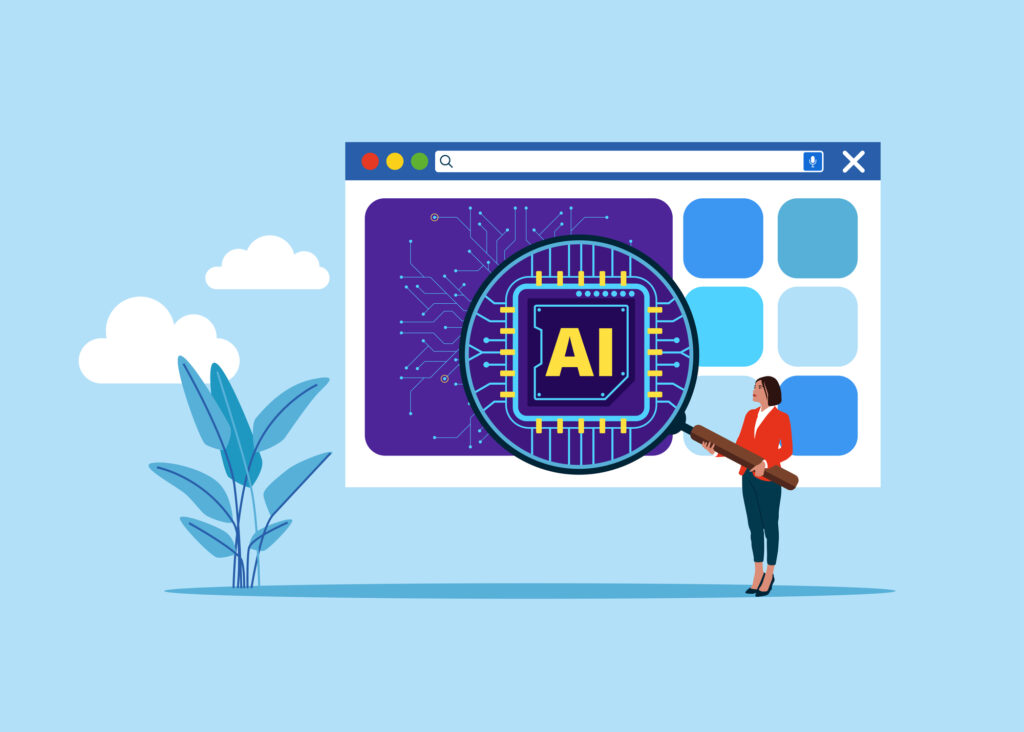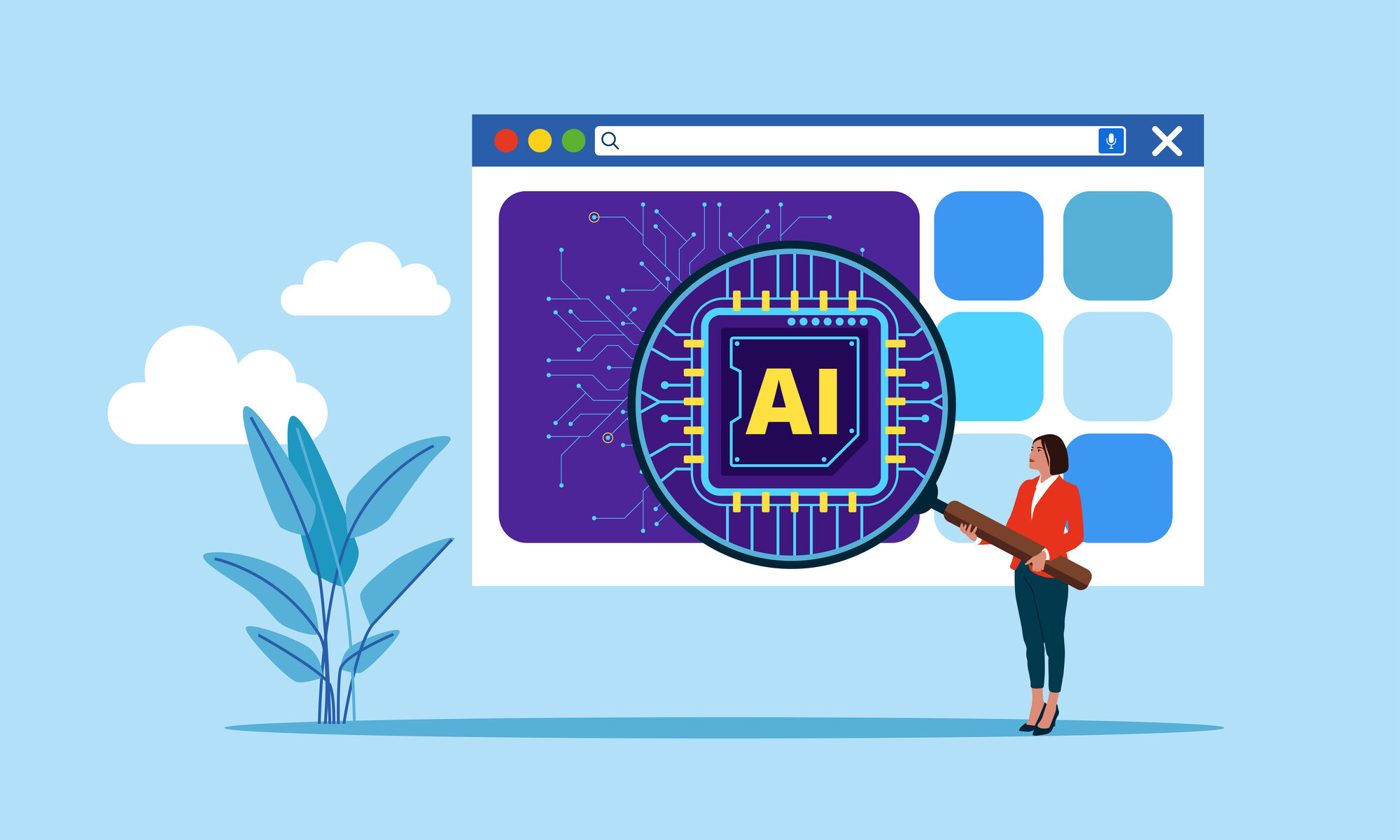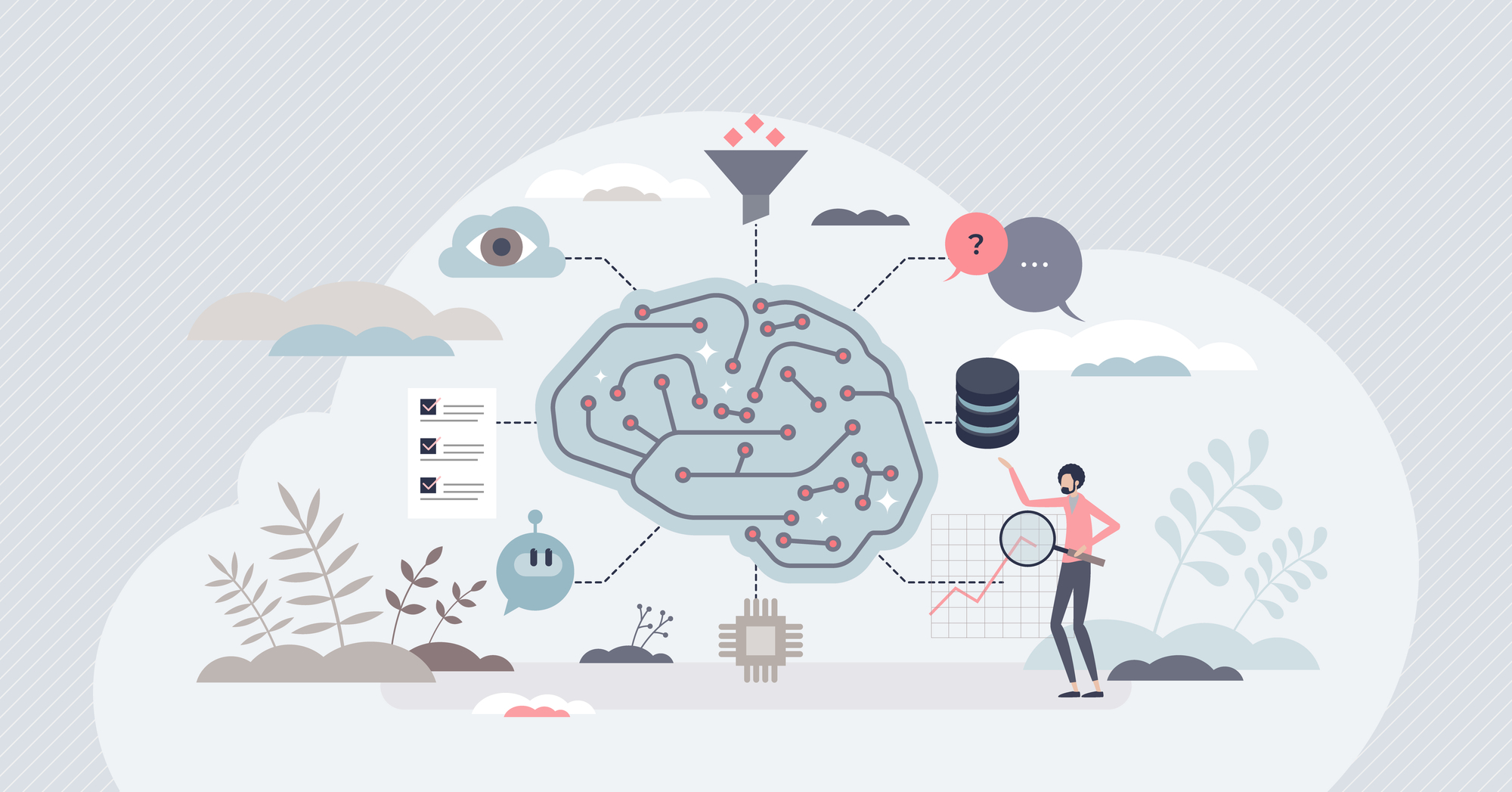In today’s competitive business environment, staying ahead means finding ways to streamline operations while maintaining quality and efficiency. Artificial Intelligence (AI) is proving to be a game-changer, enabling businesses to automate repetitive tasks, reduce errors, and scale operations seamlessly.
1. Automating Repetitive Processes
AI excels at handling time-consuming tasks like data entry, invoice processing, and inventory management. By automating these processes, businesses can free up employees to focus on more strategic and creative work. Research from McKinsey shows that automation can boost productivity by up to 40%, particularly in sectors like logistics and retail.
2. Improving Workflow Efficiency
AI tools optimize workflows by analyzing data and identifying bottlenecks. For instance, predictive algorithms can forecast delays in supply chains, enabling companies to address issues before they escalate. In manufacturing, AI-powered robotics enhance efficiency on production lines, ensuring consistent output and quality.
3. Enhancing Customer Support
AI-driven chatbots and virtual assistants provide round-the-clock support, handling common customer queries in seconds. This not only improves the customer experience but also reduces operational costs. According to a Gartner report, businesses that implement AI in customer service see an average cost reduction of 30%.
AI’s Role in Digital Transformation
For companies undergoing digital transformation, AI is a natural fit. As a professional who’s worked across both engineering and marketing domains, I’ve seen how adopting AI tools simplifies complex challenges, such as ensuring compliance or integrating legacy systems with modern platforms. It’s not just about automation; it’s about making smarter, data-driven decisions.
If your business is exploring process automation, now is the perfect time to integrate AI into your operations. Companies that embrace these changes early will lead their industries in efficiency and innovation.
Sources:
- McKinsey & Company: The Future of Work in Automation
- Gartner: The Impact of AI on Customer Service




